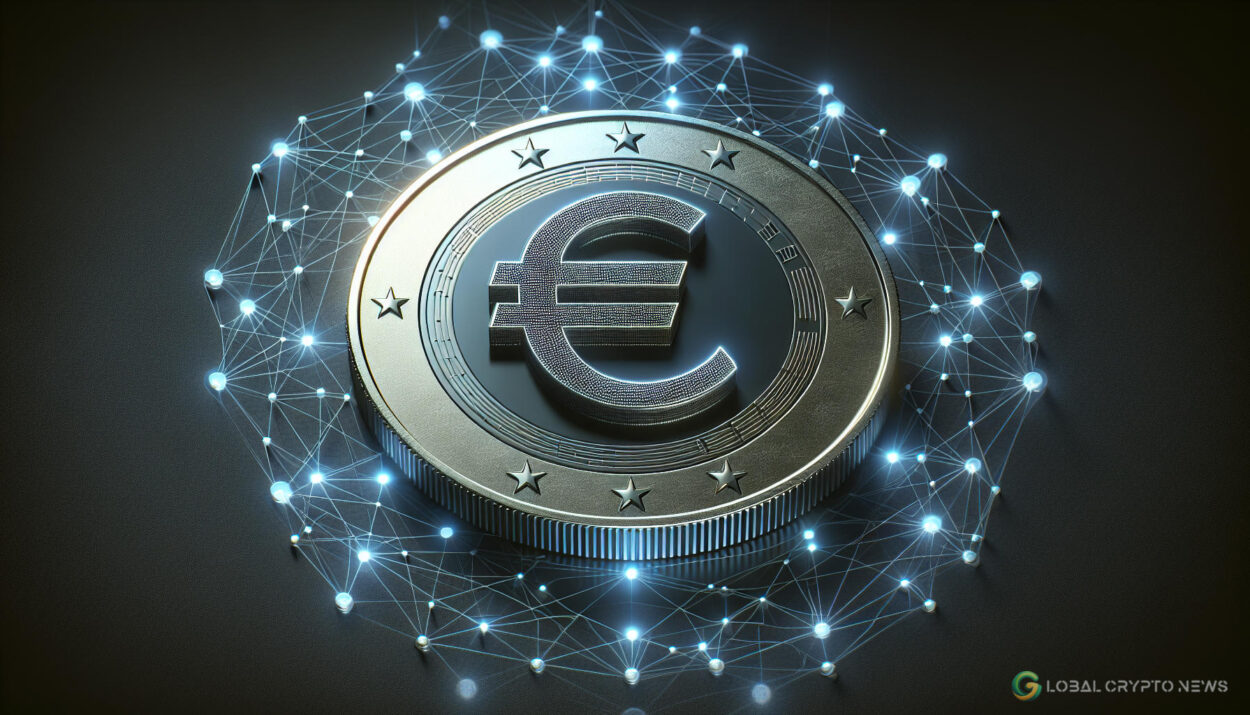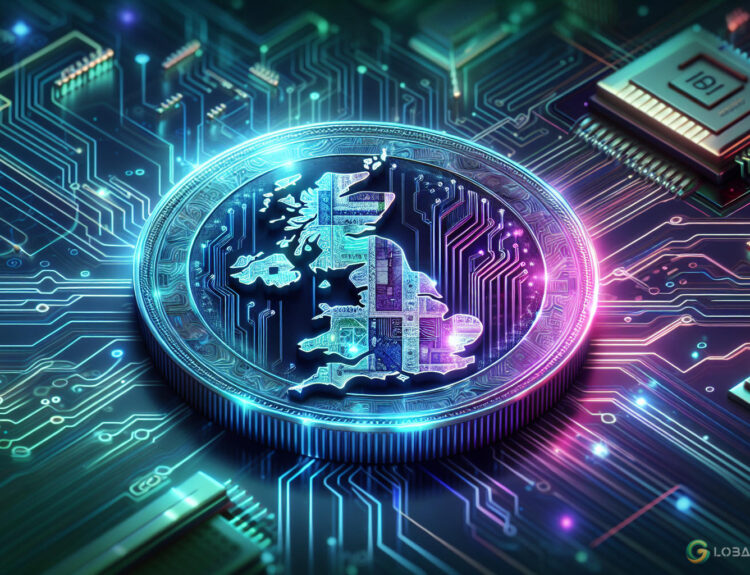European Central Bank President Christine Lagarde is advocating for the launch of the digital Euro by October 2025, marking a significant step toward implementing a European Central Bank Digital Currency (CBDC). During a recent press conference on April 17, Lagarde emphasized the importance of this initiative, stating that the digital Euro is “critically important” and “more imperative now than ever before.”
What Is the Digital Euro?
The digital Euro is a form of central bank digital currency designed to facilitate instant payments across Europe. While it shares similarities with cryptocurrencies, it differs in a key aspect: direct control and supervision by the European Central Bank (ECB). This level of oversight ensures that the digital Euro remains fully compliant with financial regulations while addressing concerns surrounding privacy.
Key Milestones and Legislative Hurdles
Lagarde outlined a clear timeline for the project, aiming for an October 2025 launch. However, the success of this initiative depends on the completion of the legislative process by stakeholders, including the European Commission, Council, and Parliament. Without their cooperation, the digital Euro cannot move forward.
Despite initial resistance from some member countries, the project has garnered significant support from major payment providers, banks, and fintech companies. These entities stand to benefit the most if the digital Euro becomes a reality.
Potential Winners of the Digital Euro
Several groups are poised to benefit from the adoption of the digital Euro:
- Banks: The direct regulatory compliance of the digital Euro ensures that banks can seamlessly integrate it into their transactions. For instance, UniCredit’s CEO has already expressed strong support for the initiative, emphasizing the importance of banks’ involvement.
- Fintech Companies: European fintech firms like MONEI are actively participating in the ECB’s testing phase. These companies view the digital Euro as an opportunity to improve payment speed and security, thus enhancing user experiences. Additionally, the system could help European fintech firms compete more effectively in the global digital payments market, where they have lagged behind U.S. counterparts.
- Consumers: Instant and secure payments enabled by the digital Euro could simplify everyday transactions for individuals and businesses across Europe.
Privacy and Compliance
One of the primary concerns surrounding the digital Euro is privacy. Since payments and wallets will be under the ECB’s supervision, some critics worry about the potential for increased scrutiny of financial transactions. However, proponents argue that this oversight ensures full regulatory compliance, offering a safer and more secure payment system.
Why the Digital Euro Matters
The introduction of the digital Euro represents a critical step in modernizing Europe’s payment infrastructure. By enabling faster transactions and offering a secure alternative to existing digital payment systems, the digital Euro could strengthen the EU’s position in the global financial landscape.
As October 2025 approaches, the success of this initiative will depend on the collaboration of key stakeholders and the resolution of legislative hurdles. With backing from major banks and fintech companies, the digital Euro is set to become a pivotal innovation in European finance.
























